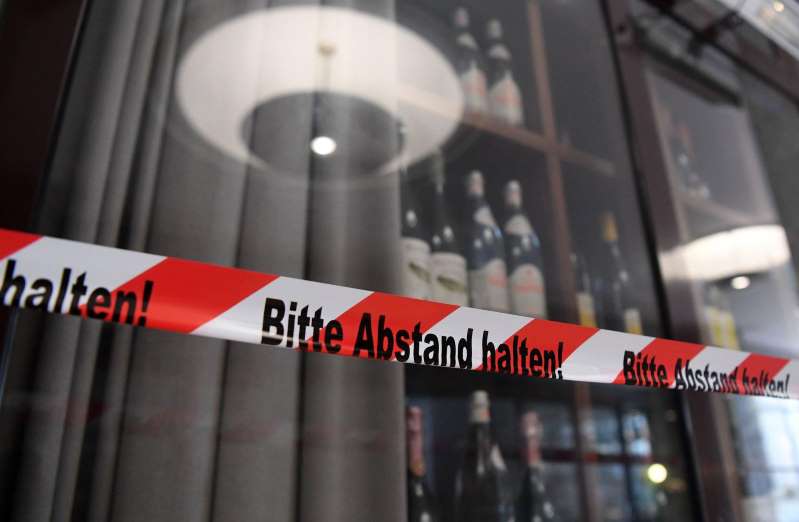Two out of three say restrictions do more harm than viruses.

Icon image
Austrians are increasingly concerned about the economic consequences of the corona policy. According to a Gallup online survey of 1,000 people, almost two thirds now believe that the measures taken to cope with the pandemic are causing great economic damage. A year ago, only 41 percent agreed to the statement that the economic consequences of the corona measures would destroy the lives of people in Austria more than Covid / Corona itself.
The domestic corona policy is also rated significantly worse. In February 2021, only 28 percent of those surveyed said that Austria had more success than other EU countries in overcoming the corona crisis. In November 2020, 42 percent were of this opinion.
The fact that Austria has suffered greater economic damage than other countries in the EU is primarily due to the fact that Austria is so heavily dependent on tourism and that a lot of money has flowed abroad through online shopping.
46 percent said only those companies that have a future should be saved; at the same time, innovation and new business models should be encouraged. 27 percent were in favor of the watering can principle, i.e. saving existing companies without restrictions through state aid. FPÖ-affine survey participants preferred the latter approach much more often, as the Gallup Institute announced on Monday. 11 percent said you don't have to do anything because the economy takes care of itself.
When asked when the climate protection measures should be promoted again, 43 percent said: “Immediately, climate protection cannot wait.” 32 percent were of the opinion that one could wait until after the crisis, because there are currently more pressing problems. 13 percent saw no need for action, because nature would recover by itself. For 6 percent of those surveyed, however, it was already too late to stop climate change during the survey period (February 18-22).

